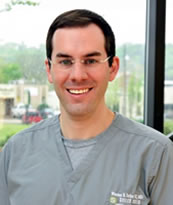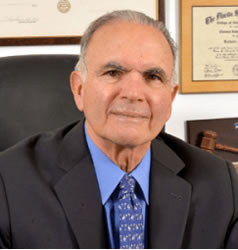One of the most common questions that other physicians ask me is how to begin to use lasers in their practice. It can seem exciting, yet daunting, to bring in a new procedure that centers on a device.
The exciting part? Acquiring new devices means expanding your aesthetic services. The daunting part is the level of knowledge and training required to properly treat patients and produce excellent results. Many times, physicians have limited time for further training once a busy practice has been established.
In addition, lasers are expensive, and most surgeons are not used to having to purchase expensive equipment beyond the initial investment in supplies to start a surgical practice. That being said, laser procedures can help you offer a much wider range of treatments that will benefit both the patient who has had surgery and the one who is not yet ready for surgery.
I tell physicians and patients that laser procedures can be "insurance for your surgical procedure" in many ways. Laser procedures can help add to the result of surgical tightening by treating dyschromia, discoloration, texture, pore size, vascular lesions, and providing overall better skin health and appearance.
You can pull the skin tighter with surgery, but the skin often needs surface treatment with laser procedures. Don't just focus on achieving tighter skin; focus on overall better-looking skin, also.
This may sound like a sales pitch, but you will hear me often say, "Don't put cheap tires on a Rolls-Royce." Surgical results will greatly benefit from follow-up, "maintenance" laser procedures, and good medical skin care.
Finally, a laser procedure can often help you treat a patient who does not really need surgery yet, so that you don't have to refer the patient elsewhere.
Training is Paramount
My advice always starts with telling fellow surgeons that they need to obtain proper training in the type of laser they are going to incorporate into their practice.
Understanding the theory and physics, and differences, of each laser device is the key to fully utilizing the device in treating patients, not just in safety measures but also in achieving great results (remembering that you can undertreat just as much as you can overtreat).
Although I unfortunately see burns and other complications in patients who come to me from other practices, it is much more common for me to see a patient who has a treatment somewhere else who is unhappy because they were "undertreated" or treated with the wrong device. Commonly, this occurs when a physician delegates a "lesser laser" procedure to someone who is not properly trained.
Commonly, I've seen many patients who have had laser hair removal and treatments with intense pulsed light (IPL)-based devices and were unhappy about the result. A thorough consultation, informed consent, expectation discussion, and proper patient selection are always necessary for success.
Paths to Follow
. . .Continue to read rest of article (PDF).
Dr. Seiler is the Executive Director of Education, Development, Accreditation, and Research for the American Board of Laser Surgery. He is also Owner and Medical Director, Seiler Skin
Cosmetic Laser & Aesthetics Center and specializes entirely in cosmetic laser and aesthetic procedures. Dr. Seiler received his Bachelor of Science from the University of Notre Dame and his MD from the University of Arkansas for Medical Sciences. He completed his residency at the Carraway Methodist Medical Center, along with fellowship laser training.
©2014
©Copyright - All Rights Reserved
DO NOT REPRODUCE WITHOUT WRITTEN PERMISSION BY AUTHOR.










